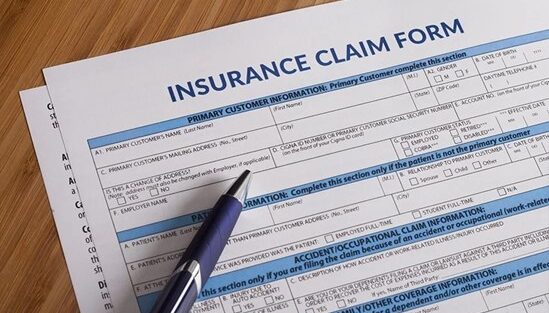Insurance Claims – How to File and Navigate the Claims Process
This article offers practical tips for filing insurance claims. It covers documenting incidents, notifying the insurer, providing evidence, and effective communication. By following these guidelines, you can navigate the claims process with confidence and maximize your insurance coverage.
What is an Insurance Claim?
An insurance claim is when you ask your insurance company for money to cover losses or damages. It’s a formal process where you provide details of the incident, and if approved, the insurance company provides compensation to help you recover financially from unexpected events.
Understand Your Policy
Before filing a claim, take the time to review your insurance policy thoroughly. Understand the coverage limits, deductibles, and any exclusions that may apply to your specific situation. This knowledge will help you determine if your claim is eligible and what expenses may be covered. If you have any questions, don’t hesitate to contact your insurance provider for clarification.
Documenting The Incident
When an incident occurs that may result in an insurance claim, it’s crucial to gather all relevant information and document the details. Take photos or videos of the damage or injuries, write down the date, time, and location of the incident, and collect any supporting documents such as police reports or medical records. This documentation will serve as evidence during the claims process.
Notifying The Insurance Company
Promptly notify your insurance company about the incident and your intention to file a claim. Be prepared to provide them with the necessary details, including the nature of the incident, any parties involved, and the extent of the damages or injuries. Most insurance companies have specific procedures for reporting claims, so follow their guidelines to ensure your claim is properly documented.
Communication
To support your claim, gather all relevant evidence, such as receipts, invoices, estimates, or medical bills. This evidence helps establish the validity and value of your claim. Keep copies of all documents for your records and submit them to the insurance company as requested. Proper documentation and evidence can expedite the claims process and increase your chances of a favourable outcome.
Following Up
After filing your claim, follow up with the insurance company regularly to check the status of your claim. Stay informed about any developments, such as the assigned adjuster, estimated timelines, and any additional information required. Being proactive and staying engaged will help ensure that your claim is processed efficiently and that you receive the compensation you’re entitled to.
Bottom Line
After filing your claim, follow up with the insurance company regularly to check the status of your claim. Stay informed about any developments, such as the assigned adjuster, estimated timelines, and any additional information required. Being proactive and staying engaged will help ensure that your claim is processed efficiently and that you receive the compensation you’re entitled to.



